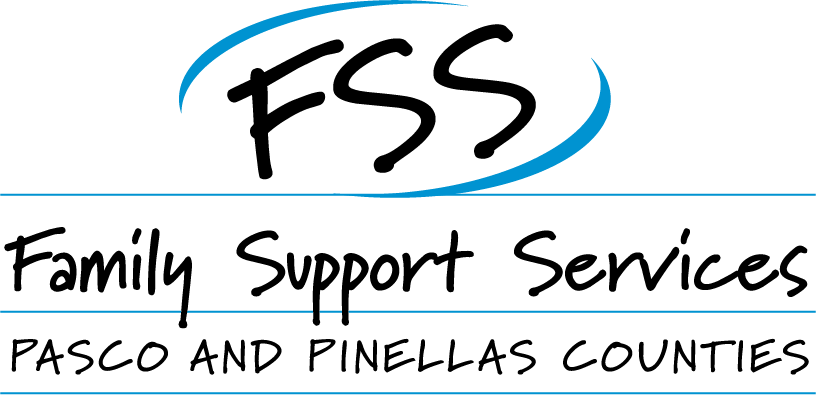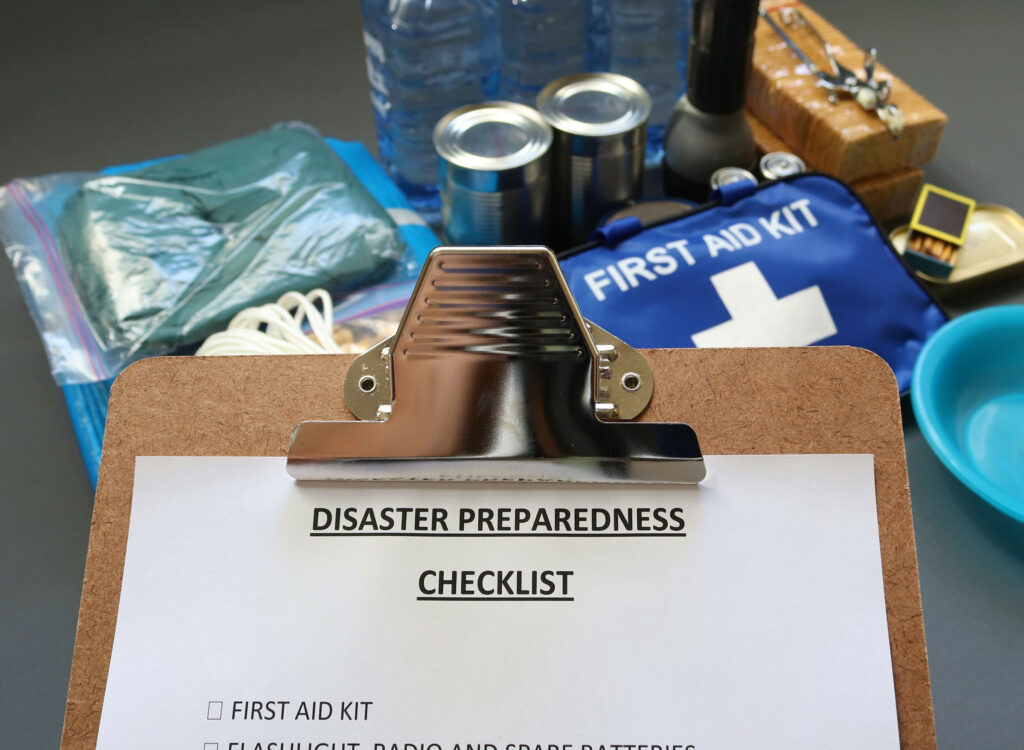Since the late 1960s, Florida has recognized that health care services and human services must work together to produce the best possible outcomes for children and families. With an approach that integrates the two, the state has emerged as a national leader in the field, prioritizing efficient use of funds and the need for local control of services.
Ultimately, Florida privatized the delivery of foster care services in 2006 because the state’s existing system had grown too large, too centralized, too remote, and too top-down. As an alternative, privatization led to a community-based care (CBC) model, which relies on nonprofit management organizations to:
- build consensus
- employ collaborative techniques
- use data to drive decision making
- implement best practices
- focus on local community needs
- save significant taxpayer funds
A key feature of this community-based care reform was joint ownership of human services, with both the community and the state sharing commitments.
Florida put nonprofit groups in charge to increase local control. Regional nonprofit lead agencies like Family Support Services of North Florida (FSS) report to the state and subcontract with other local nonprofits to provide case management and therapeutic services. Florida’s implementation of community-based care was accomplished and refined over decades and has served as a model for other states that consider CBC strategies.
Today, the results are clear: Florida’s CBC model has made great strides in system improvements and measured outcomes. Among the improvements:
- increased innovation and capacity building
- increased adoptions
- implementation of front-end prevention and diversion programs, and safety management services
- formation of public/private partnerships
- local community ownership and engagement
In addition, the state’s 19 lead agencies have substantially reduced administrative and overhead costs.
Northeast Florida has proved to be a case study in how to leverage community resources. Through ongoing collaborative efforts, FSS has the state’s best record of prevention and diversion. Our system of care, which works to keep families together and children out of dependency court, has emerged as a national model that has been studied by leaders from other systems around the country.









0 Comments